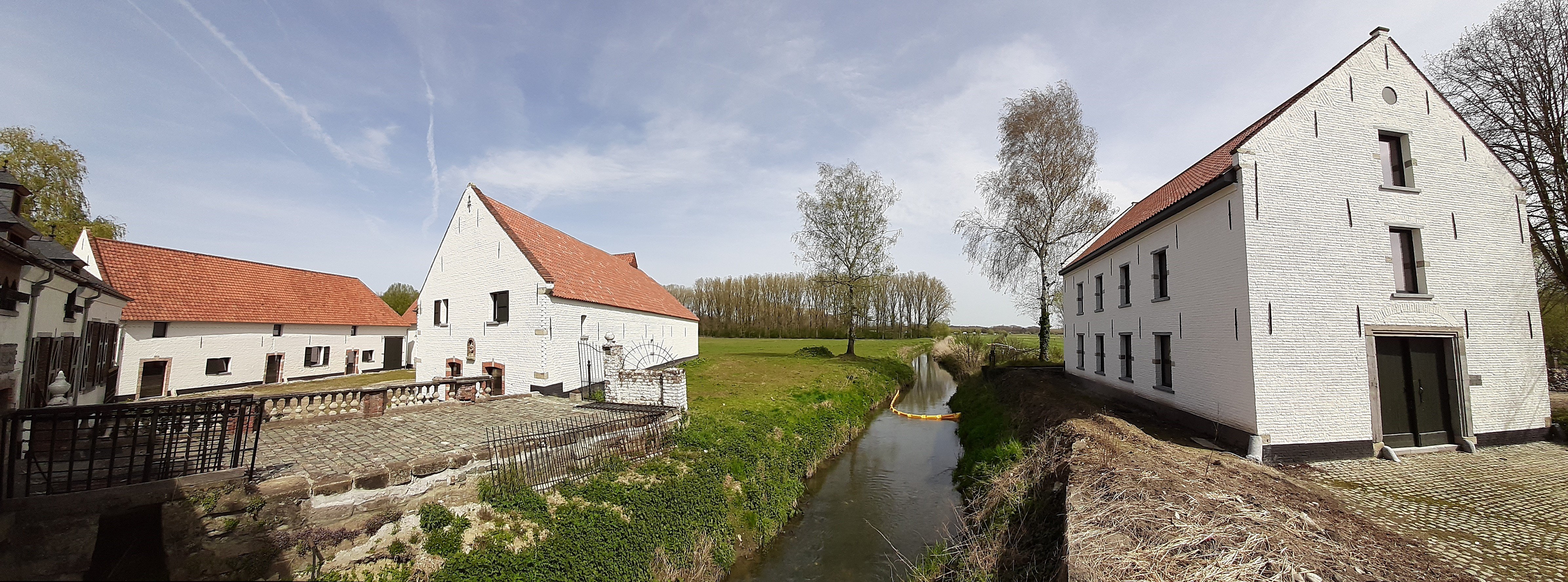Type of involvement:
The creation of a river contract is a participatory process with all those directly involved, including citizens. This process typically follows multiple steps. First a steering group is created consisting of local, state and regional authorities to manage the project. Before the contract is created, the steering group signs a charter with their intentions along the lines of "to work together for solutions with an open mind”. In some cases, the steering group is extended with citizens and civil society organizations. Secondly, a project website is launched with information for citizens about the participation trajectory as well as a risk analysis tool to investigate if their house is currently located in an area with (high) risk(s) of flooding, including possible future risks as a result of climate change. Third, the participation process starts with the possibility for stakeholders, experts and citizens to share ideas online and offline. The input collected online could be shared and commented on by other participants. During offline workshops, information is shared and a wide range of stakeholders including citizens, politicians, local businesses, farmers, water managers and local to regional governmental bodies are able to analyze the problems and brainstorm about possible solutions and propose actions. Fourth, based on all stakeholder input, actions are defined for the area. Each action has one or more stakeholders associated with the responsibility of implementation, including an organization who is in charge of general implementation and monitoring of the river contract. The most suitable and feasible ideas are included in the contract. Finally, by signing the contract, partners express their commitment to the implementation of the proposals. After signing, aspects of the contract are implemented and residents are involved through a consultation platform. On this platform, information is shared and participation strategies are initiated with local residents to ensure their participation and involvement.
Type of non-governmental actors involved:
Citizen councils or consultation for co-planning (e.g. workshops, surveys)
Citizen oversight (e.g. boards, advisory role)
Implementation of NBS (e.g. with government funds)
Citizen monitoring and review
Targeted actors:
Public sector institution (e.g. school or hospital)
Private: household, real estate developer, business , financial
Citizens or community groups (CBOs), NGOs
Coalition, please specify
How the instrument fits within the wider policy framework:
River contracts support the Blue Deal, which is a regional strategy to combat water scarcity and drought. Furthermore, the contracts are linked to the Flemish River Basin Management Plan 2022-2027 and Climate Adaptation Plan 2021 - 2030.

